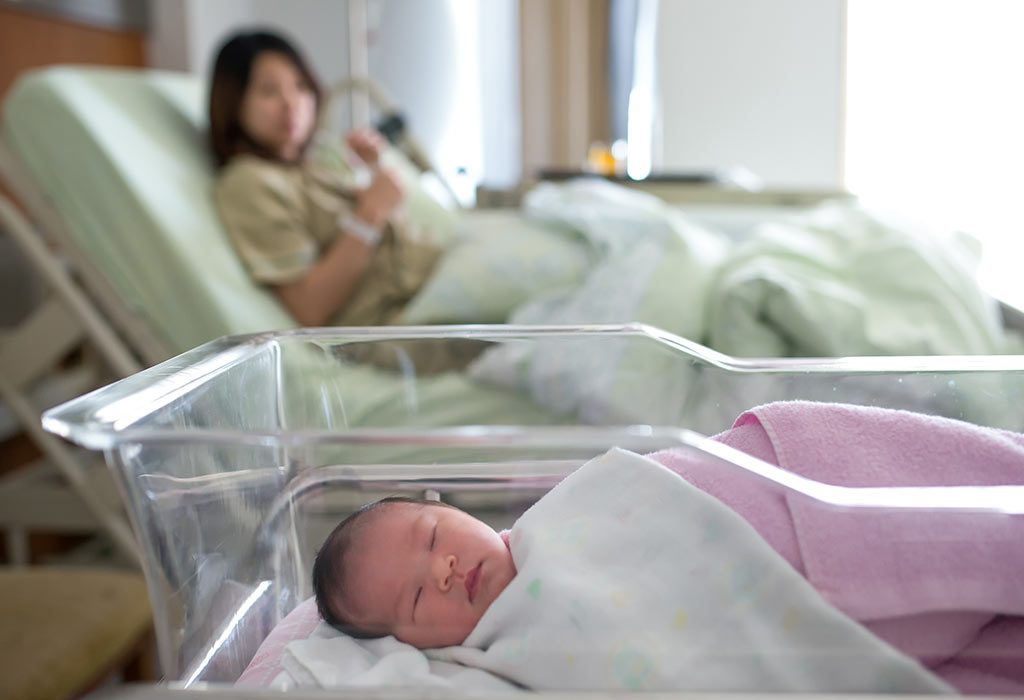

If you experience severe backache following an epidural, you should let your care team know as soon as possible, so they can investigate the problem. Your epidural care team will try to make sure you’re comfortable during and after the procedure, but being in the same position for a long time may make existing backache worse. If your blood pressure is normal, anti-sickness medicines will usually help.Ī study carried out in 2010 found no increased risk associated with the use of epidural anaesthesia and long-term backache. You may feel sick (or be sick) after having an epidural. Sometimes, the painkillers combined with the anaesthetic during an epidural can cause itchiness. Your bladder control will return to normal as soon as the epidural wears off.
Epidural after effects full#
If necessary, medication can be passed through a drip to treat low blood pressure.Īfter having an epidural, you will not be able to feel when your bladder is full because the epidural affects the surrounding nerves.Ī catheter inserted into your bladder allows urine to drain away. Your blood pressure will be closely monitored while you’re having an epidural. This may cause nausea, dizziness and lightheadedness (a feeling as if you might faint, your body may feel heavy while your head feels as if it is not getting enough blood) This is because the local anaesthetic used affects the nerves that go to your blood vessels, leading to a fall in blood pressure.

Low blood pressure (hypotension) is the most common side effect associated with having an epidural. Epidural anaesthesia is usually safe however, as with most medical procedures, side effects can sometimes occur.

If your epidural doesn’t work, your anaesthetist may offer alternative pain relief or perform the procedure again. The local anaesthetic doesn’t spread evenly around the epidural space.It’s difficult to find the epidural space.


 0 kommentar(er)
0 kommentar(er)
